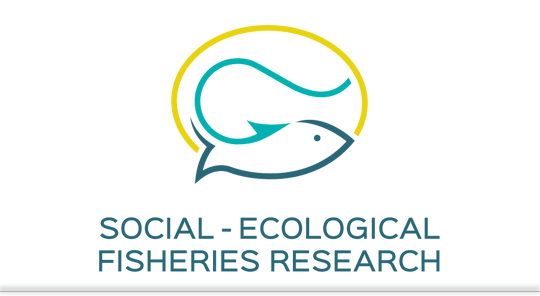Catch-and-release, particularly total C&R, attracts ethical controversy (de Leeuw 1996; Balon 2000, Aas et al. 2002, Policansky 2002, Arlinghaus et al. 2007a) as a practive that unavoidably tests the boundaries between culture and nature, human and non-human, agriculture-dominated urban lifestyles and small-scalerural subsistence lfestyles, essential human needs and recreation, and between compassion and exploitation. At least in central Europe, and probably also elsewhere, anglers should expect an increasing resistance against their pastime, mainly because the whole attitude about human's interaction with animals is changing slowly but steadly (Manfredo et al. 2003). What is changing in the first place is moral intuitions, and anglers should not be naive and try to by-pass them (kunzmann 2004). They challenge us to wonder how humans might forge a better sense of community with animals (fish) and the natural environment in an increasingly industrialized and commercialized world (King 2005).
Chapter 11.5: The challenge of the ethical angling: the case of C&R and its relation to fish welfare
Chapter

Arlinghaus, R. (2008). Chapter 11.5: The challenge of the ethical angling: the case of C&R and its relation to fish welfare. Global Challenges in Recreational Fisheries, Blackwell Science, Oxford, 223-236
Published
: 2008
Appeared in
: Global Challenges in Recreational Fisheries, Blackwell Science, Oxford, 223-236
